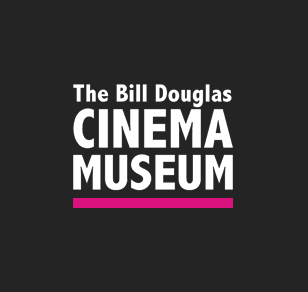 CEMP’s Professor Julian McDougall has been awarded the Bill Douglas Cinema Museum Research Stipend.
CEMP’s Professor Julian McDougall has been awarded the Bill Douglas Cinema Museum Research Stipend.
The Bill Douglas Cinema Museum at the University Exeter, UK is both a public museum and a rich research resource for scholars of moving image history. The museum is named after the renowned filmmaker Bill Douglas and was founded on the extraordinary collection of material he put together with his friend Peter Jewell. In the twenty years since its opening, the museum has received donations from many sources and now has over 75,000 artefacts on the long history of the moving image from the seventeenth century to the present day.
The stipend enables the recipient to access collections at the museum to undertake significant research that will generate publication or other demonstrable outcomes and a blog post for the museum¹s website about the research.
Julian’s project is ‘Comrades and Curators’: this research seeks to trace the importance of multiple third spaces constructed in and around Comrades, hitherto not conceptualized as such by either Douglas, film commentators or academics. Related directly to the Bill Douglas Cinema Museum’s stated areas of significance, the research will explore the relationship between Comrades as a film text, the curation of the director’s collection of magic lanterns and other optical artifacts, the situating of lanternist as pivotal to the representation of social history in the film and the curation of this social history in museums in Tolpuddle and Dorchester.
The research will be conducted between March and December 2017.
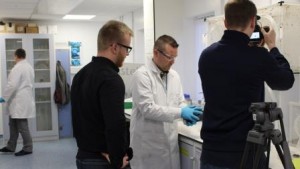 My name is Oliver Cooke and I am currently in my third year of study on the BA Honours Media Production course. As part of my Graduate Project, I am developing a media package in order to showcase a number of projects that have been awarded
My name is Oliver Cooke and I am currently in my third year of study on the BA Honours Media Production course. As part of my Graduate Project, I am developing a media package in order to showcase a number of projects that have been awarded 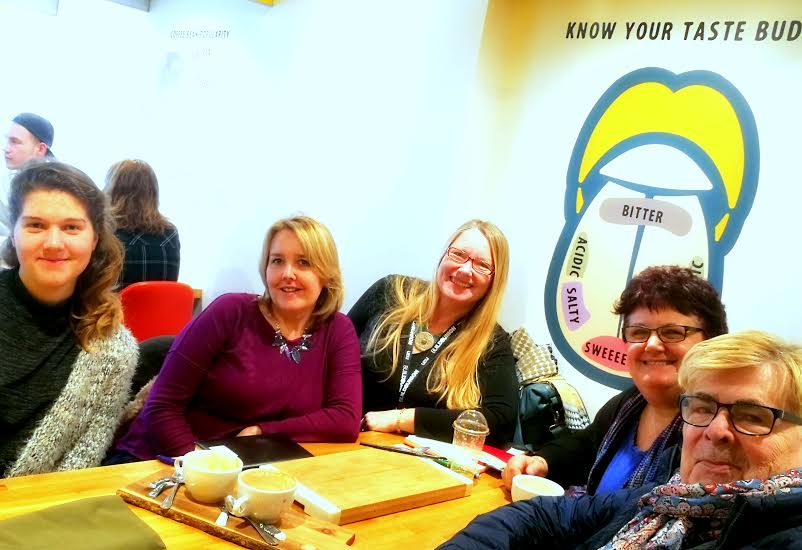

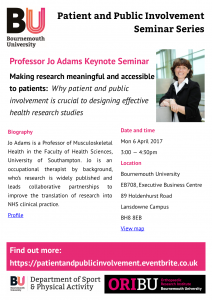
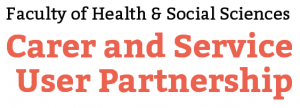



 NERC introduced
NERC introduced  Every BU academic has a
Every BU academic has a ![dev_framework-300x286[1]](http://blogs.bournemouth.ac.uk/research/files/2017/02/dev_framework-300x2861-300x286.jpg)
 Experience of being a women in senior leadership
Experience of being a women in senior leadership Developing Women Leaders
Developing Women Leaders La Cecchina (A recital of songs by a variety of the female composers including Caccini, Chaminade and Schumann) (Admission free)
La Cecchina (A recital of songs by a variety of the female composers including Caccini, Chaminade and Schumann) (Admission free)










 Seeing the fruits of your labour in Bangladesh
Seeing the fruits of your labour in Bangladesh Exploring Embodied Research: Body Map Storytelling Workshop & Research Seminar
Exploring Embodied Research: Body Map Storytelling Workshop & Research Seminar Marking a Milestone: The Swash Channel Wreck Book Launch
Marking a Milestone: The Swash Channel Wreck Book Launch No access to BRIAN 5-6th February
No access to BRIAN 5-6th February ECR Funding Open Call: Research Culture & Community Grant – Application Deadline Friday 12 December
ECR Funding Open Call: Research Culture & Community Grant – Application Deadline Friday 12 December MSCA Postdoctoral Fellowships 2025 Call
MSCA Postdoctoral Fellowships 2025 Call ERC Advanced Grant 2025 Webinar
ERC Advanced Grant 2025 Webinar Update on UKRO services
Update on UKRO services European research project exploring use of ‘virtual twins’ to better manage metabolic associated fatty liver disease
European research project exploring use of ‘virtual twins’ to better manage metabolic associated fatty liver disease